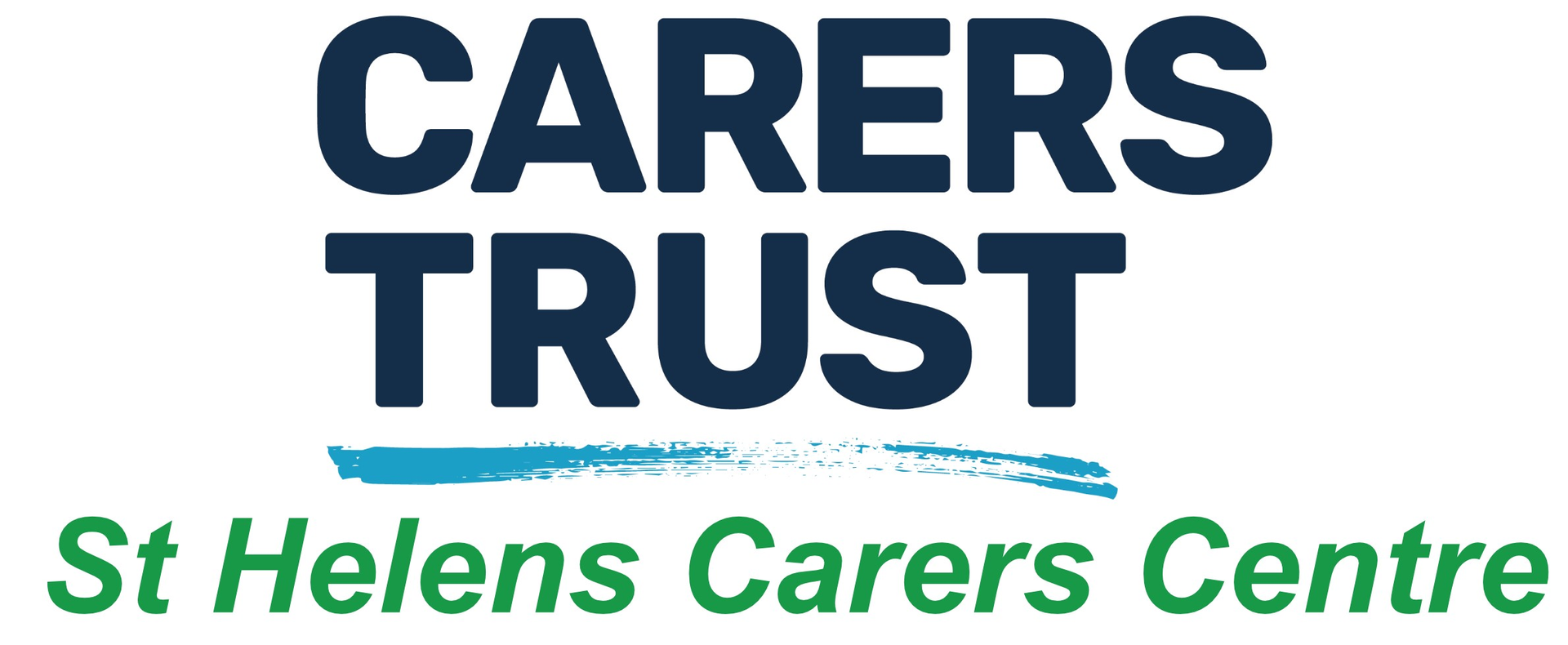
CEA Card
The CEA Card is a national card scheme developed for UK cinemas by the UK Cinema Association (UKCA).
The card enables a disabled cinema guest to receive a complimentary ticket for someone to go with them when they visit a participating cinema.
The card is also one way for cinemas to make sure they look after their disabled guests. If you require an adjustment to visit a cinema because of your disability, cinema staff should make them for you whether you have a CEA Card or not.
Eligibility
To apply, the person requiring assistance must be 5 years of age or older and be in receipt of one of the following:
- Disability Living Allowance (DLA)
- Attendance Allowance (AA)
- Personal Independence Payment (PIP)
- Adult / Child Disability Payment (ADP / CDP in Scotland)
- Armed Forces Independence Payment (AFIP)
Or hold:
- Severely Sight Impaired Registration (formerly Registered Blind)
- Sight Impaired Registration (formerly Partially Sighted)
You can apply or renew a card online or by post. To do so you will need:
- Proof of eligibility
- A photo
- Payment of £6.00
You will need your previous card number if you wish to renew your CEA Card.
You can pay for your card online or by post.
Further information can be found on the CEA Card website here: www.ceacard.co.uk/apply
Hidden Disabilities Sunflower
While some of us experience a disability that is visible, many have a non-visible condition or experience a combination of both visible and non-visible conditions. These disabilities can be temporary, situational or permanent. They can be neurological, cognitive and neurodevelopmental as well as physical, visual, auditory and include sensory and processing difficulties. They can also be respiratory as well as chronic health conditions such as arthritis and diabetes, chronic pain and sleep disorders.
The Hidden Disabilities Sunflower is a simple tool for you to voluntarily share that you have a disability or condition that may not be immediately apparent – and that you may need a helping hand, understanding, or more time in shops, at work, on transport, or in public spaces.
You can buy a sunflower lanyard and card from the online shop here: https://hdsunflower.com/uk/shop.html
On the card you can write personal details, such as your name, emergency contact and information about your needs.
Nimbus Access Card
Nimbus Disability developed the Access Card in response to frustrations shared by disabled people and live music promoters in how disability was evidenced, and how needs for reasonable adjustments were communicated. Since its initial development, the card is now widely accepted at major event venues across the UK And beyond, and even more widely taken simply at face value.
On the front of your Access Card, there are 9 spaces to display symbols used to highlight the barriers you face and the reasonable adjustments you might need. The symbols include:
- Standing and queuing - For people who find standing and or queuing a substantial barrier to accessing services. This may include people who physically cannot stand or queue for any significant amount of time, or people that have an issue with understanding the concept of queuing.
- Level access - For people who require wheelchair accessible facilities or have to have level access as they are unable to make even a few steps.
- Distance - If you have difficulty moving yourself more than short distances
- Urgent Toilet Needs - All Access Card holders have access to accessible toilets. For people with continence issues, we have the W.C. Symbol. Providers on board are made aware that this means urgent access to any toilet without question. This might be an accessible toilet, it might not.
- Assistance Dogs
- Essential Companions
- Visual information - For people who find accessing visual information a barrier. This may include people with visual impairments who require alternative formats or guidance.
- Audible Information - For people who have difficulty accessing or processing audible information. It may be relevant to deaf people or those with hearing impairments.
- Miscellaneous - This category is for everything thing else, and providers are encouraged to seek more information directly from you about how they might be able to support any needs not covered by the other symbols. For example, photo-sensitive epilepsy.
Applying for the Access Card is straightforward and quick. You can follow the guided process on their website to provide the necessary information. Be prepared to submit official documentation regarding your disability. This ensures that your card accurately represents your specific needs, and protects the availability of accessible features from misuse.
Further information can be found here: www.accesscard.online
Page Last Updated November 2024
St. Helens Carers Centre 31-35 Baldwin Street, St Helens WA10 2RS
Clubhouse & Young Carers Team Fishwick House, Cotham Street, WA10 1SJ
Telephone: 01744 675615 Young Carers: 01744 677279
Email: info@sthelenscarers.org.uk Website: www.sthelenscarers.info